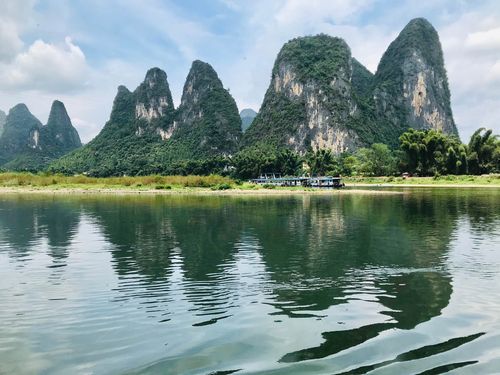Why the Most Powerful Person in the World May Not Be Who You Think
As we go about our daily lives, we often talk about the most powerful person in the world as the President of the United States. This is understandable given the immense power and influence that the President wields over the world stage. However, there is another group of people who have arguably even more power than the President, and who operate in a much more opaque and secretive manner. I’m talking about the central bankers.
Who Are the Central Bankers?
Central bankers are the people who run the central banks of the world. These organizations are responsible for setting monetary policy, regulating the banking industry, and sometimes even acting as lenders of last resort to countries in crisis. The most famous among these central banks is the Federal Reserve in the United States. However, there are many other central banks around the world, including the Bank of England, the European Central Bank, and the People’s Bank of China.
Why Are Central Bankers So Powerful?
Central bankers are powerful because they control the money supply. The Federal Reserve, for example, has the power to print money, set interest rates, and direct the flow of credit in the economy. This means that they have a tremendous amount of influence over the direction of the economy, and therefore over the lives of ordinary people.
In addition, central bankers operate in a relatively opaque and secretive manner. They meet behind closed doors to make decisions, and their meetings are often shrouded in secrecy. This makes it difficult for ordinary people to understand what they are doing, or to hold them accountable for their actions.
What Are the Consequences of Central Bank Power?
The consequences of central bank power are complex and far-reaching. On the one hand, their decisions can have a positive impact on the economy. For example, by lowering interest rates, they can stimulate borrowing and investment, which can help create jobs and boost economic growth.
On the other hand, central bank decisions can also have negative consequences. For example, by printing too much money, they can fuel inflation, which can erode the purchasing power of ordinary people.
There are also broader political consequences to central bank power. By operating in a secretive and undemocratic manner, they can undermine confidence in democratic institutions and exacerbate existing inequalities.
Conclusion
In conclusion, the most powerful person in the world is not always the President of the United States. Central bankers control the money supply and have immense power over the global economy. While their decisions can have positive effects, they can also have negative consequences and can exacerbate existing inequalities. As such, it is important for us to pay attention to what they are doing, and to hold them accountable for their actions.
(Note: Do you have knowledge or insights to share? Unlock new opportunities and expand your reach by joining our authors team. Click Registration to join us and share your expertise with our readers.)
